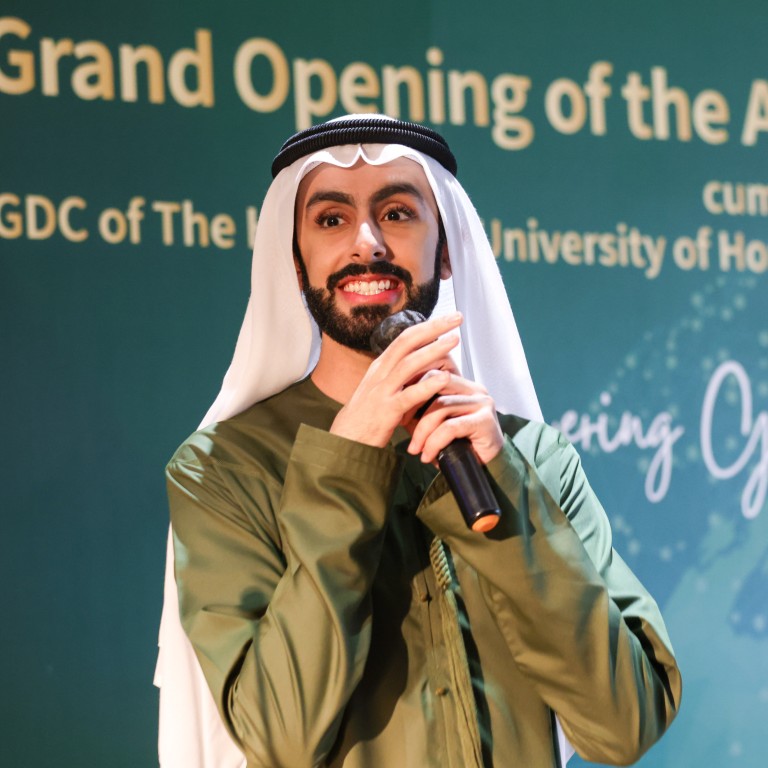
Letters | Hong Kong must see Arab investors as more than genies in magic lamps
- Readers discuss the opening of a family office by a prince from Dubai, how Cathay Pacific can give back to the city, and portable toilets at outdoor events
While there is no doubt that the Middle East is a region with much untapped potential overlooked by the government for years, one must be careful not to romanticise investors from oil-rich lands with the stereotypical (and sometimes racist) image of an Arab man in a keffiyeh, having piles of cash and a collection of supercars back home.
The tantalising opportunities available may open up a Pandora’s box of troubles if business plans are not carefully scrutinised. The United Arab Emirates has largely kept away from unnecessary foreign intervention and conflicts. However, not every country in the region shares the same pragmatic attitude.
Unless we want to find ourselves in a new geopolitical predicament on top of worsened Sino-US relations, seeing investors from Arab states as genies in magic lamps would eventually lead to disillusionment. For now, the Hong Kong government may have to ramp up the nurturing of young leaders with a holistic understanding of international relations to meet the changing needs of this global financial hub before it is too late.
Fergus Wong, Sha Tin
Cathay’s social responsibility is to Hong Kong taxpayers
I’m not saying that Cathay should or should not offer benefits, as that is their decision. I just don’t think that residents of other places or those who don’t pay tax here should be the primary beneficiaries.
Simon Constantinides, Sai Kung
Fragrant Harbour needs better portable toilet system
The show itself was very enjoyable, inspite of the myriad noisy snack and drink booths close to the flowers. However, when I had the misfortune of visiting the temporary toilets, I was really shocked.
There was a bank of about 10 portable cubicles each placed too close to each other. There was no special provision for people with disabilities, so wheelchair occupants had to line up with everyone else and scramble up a steep entrance threshold.
The doors did not show clearly whether the cubicle was occupied or vacant. The person next in line had to knock or try the handle to find out. Some doors did not close properly so that users with disabilities could be observed through partially open ones. There were long queues in front of the cubicles and no attendant in sight.
The cubicle I used was flooded and pitch dark. The whole place was smelly and repulsive.
Unfortunately, the above is not an isolated example. The government is making an effort to hold many mega events in Hong Kong to attract visitors. I shudder to think what impression they would carry home with them. After all, doesn’t “Hong Kong” mean “fragrant harbour”?
Xia Yong-hao, Mid-Levels

